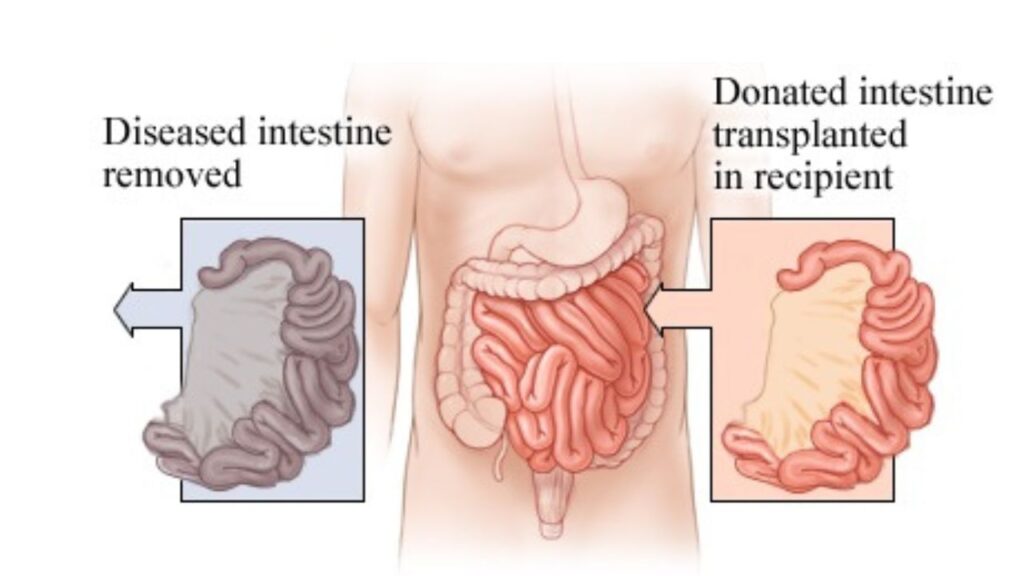
Intestine Transplant in India: Costs, Procedure, and Treatment
Cost of Intestine Transplant in India: Intestine transplants in India are more affordable than in the US, Russia, or the UK. Patients benefit from advanced medical technology and experienced staff at a fraction of the cost. The price varies depending on the hospital and the patient’s condition, but it remains significantly lower compared to Western countries.
What Is an Intestine Transplant?
An intestine transplant, or small bowel transplant, involves replacing a diseased section of the small intestine with a healthy donor intestine. Surgeons perform this procedure for individuals with severe intestinal failure or those who have relied on long-term total parenteral nutrition (TPN). Though complex, the success rates for this transplant have improved over the last 15 years.
Why Opt for Intestinal Transplantation?
Intestinal failure occurs when the gut cannot absorb essential nutrients, water, and electrolytes. This condition severely impacts quality of life. Common causes include Crohn’s disease, celiac disease, motility disorders, or short bowel syndrome from radiation.
Long-term TPN use can lead to complications such as infections or liver issues. When TPN no longer suffices, an intestine transplant offers a viable solution to restore gut function and enhance health.
How Is the Procedure Performed?
A skilled surgical team carries out the transplant. They remove the damaged section of the small intestine and replace it with the donor intestine. This procedure involves careful planning and execution to ensure success and minimize risks.
Recovery and Post-Operative Care
After surgery, patients need intensive care and monitoring to manage complications. Long-term follow-up is essential to ensure the transplanted intestine functions properly and to address any potential issues.
Conclusion
Choosing India for an intestine transplant allows access to high-quality care at lower costs. With state-of-the-art facilities and experienced surgeons, India provides a strong option for those requiring this crucial procedure. Consulting with a specialist in India will help you understand the process, costs, and expected outcomes.




